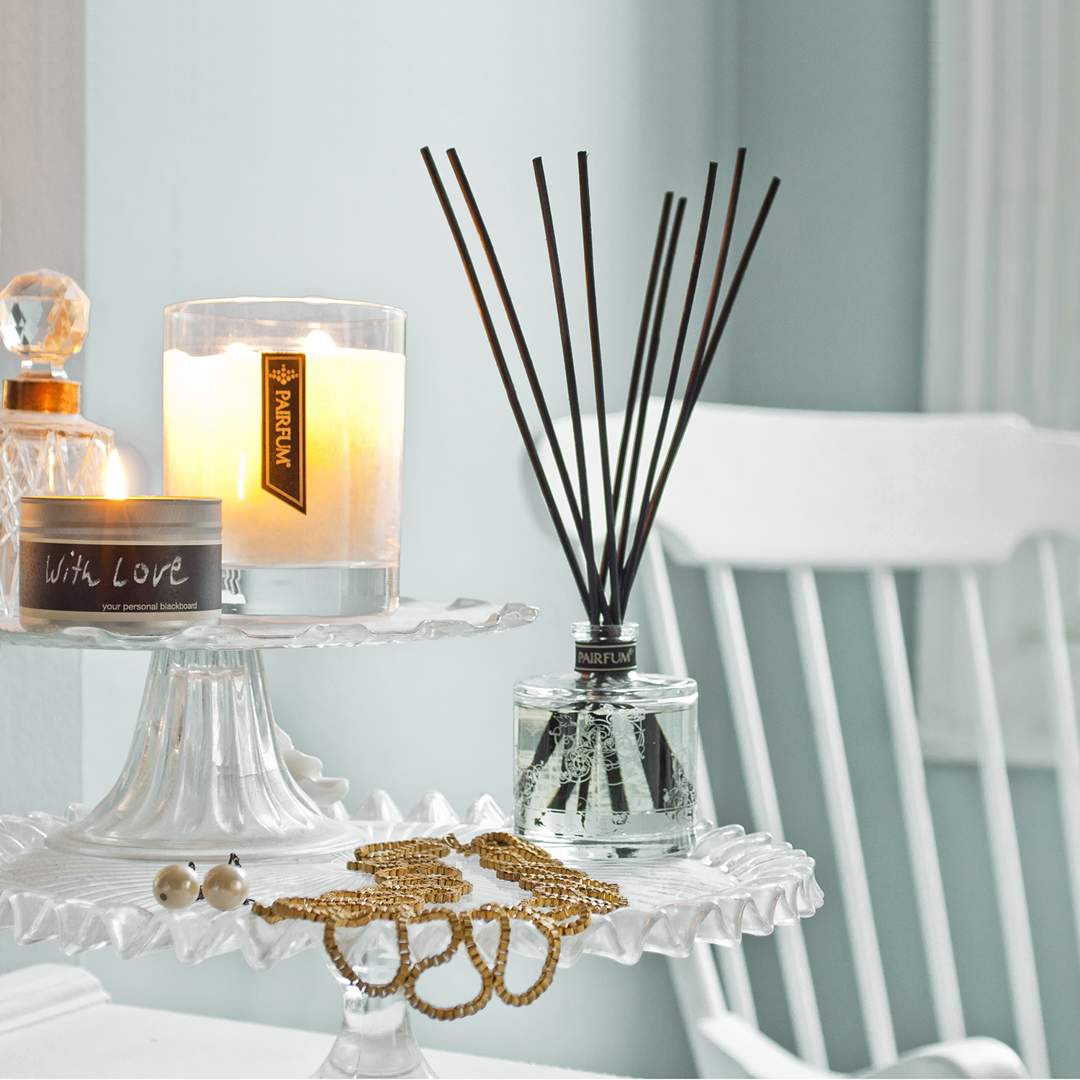How To Assess Perfume Quality?
How do a Perfumer and an End-User assess a Perfume's Quality?
Introduction - Perfume Quality
As perfumers, we are often being asked by our customers:
- How do You, as perfumers, assess Perfume Quality?
- When assessing a perfume's quality, is it all about your personal preference? Are there some aspects which are tangible or even objective?
- Does a Perfumer assess Fragrance Quality differently?
With these questions in mind, we highlight in this article two different perspectives from which to compare fragrance quality:
- the view from a perfumer
- the views of the end-user, the final consumer
Obviously, there are overlaps, which we won't repeat.
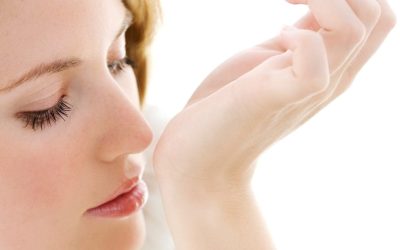
Treat Somebody You Love to a Pairfum



We are London's Niche Perfumery House
A Perfumer's Assessment
When a perfumer assesses a fragrance oil during product development or when reviewing products on the market, she/he typically looks at the following criteria:
1. Fragrance Quality
The perfume's quality is the most important but also the most subjective of all the criteria we list.
Essentially, the question is:
- Do you like it?
- How does it make you feel?
Yes, as perfumers we look at the quality of the ingredients and the accord:
- How pure do they smell?
- How well do they blend or how well do they combine?
- How complex is the note? If it is a singular note, how well does this work?
- How does the accord evolve over time? How well does this change work? Some fragrances stand out because they do NOT change over time. Hence, the opposite question also applies, how well does it stay the same, as it dries down?
These are, however, always secondary questions. Fragrance quality is subjective!

2. Originality
Are you smelling something unusual or is this a fragrance that is already familiar to you the first time you try it? Does it come across as one of the plethora of new fragrances launched every year and that imitate each other?
Does it surprise you, either at the beginning or when it has dried down?
Having said this, there is no point being original, if it is not pleasant.
There is no point in wearing a fragrance, if it does not excite and make you feel special.

3. Power & Radiance
How strong is the fragrance? Can it project or radiate its strength?
It doesn't matter how beautiful a fragrance is, if nobody can perceive it, and this includes the wearer, then why apply it in the first place?
Have you heard of 'sillage'? It is a term the French use describe how a perfume can leave a trail in the wearer's wake. Wikipedia has an article with more detail on sillage.
Another term you may come across in the context of strength is 'projection'. Sillage and Projection are easily confused:
- Projection refers to the depth or distance a perfume radiates to, whereas
- Sillage is the wake or trail a fragrance leaves behind.
Both describe in their own way whether a fragrance can 'turn heads' (sillage) or has presence (projection). Sillage describes what is left behind as the wearer walks past. Projection describes whether you can perceive a perfume when somebody enters the room or approaches. Both reduce with time and in that they depend on the longevity of a perfume.
Generally speaking, we see two types of strength:
- Sharp: the best example are 'citrus' notes. They are easy to perceive and you know whether the scent is strong or weak.
- Enveloping: vanilla is a good example here. Vanilla is strong, even in small amounts, but it is always 'round' and 'warm'. It is hard for a vanilla note to have a sharp edge.
Then there is the question of whether a scent is perceived as strong by everybody?
- It may come as a surprise but some people are anosmic to certain ingredients, with musk being the most common example. They literally cannot smell the musky ingredients in an accord or they barely perceive them and consequently firmly feel a fragrance is weak.
- Some people also have more sensitive noses than others.
This may affect your personal perception of a parfum, even if it is of the highest quality and has superb intensity, radiance or sillage.

4. Longevity / Dry down
This is the easy assessment criteria: how long does the perfume actually last on your skin?
One part has to do with the fragrance concentration. Here we list the pure perfume oil concentration in the most common types of fine fragrances:
- 'Splash', 'Body Mist' and 'After Shave': 1–3% of pure perfume oil
- 'Eau de Cologne' (EdC): around 2–6%
- 'Eau de Toilette' (EdT): 5–15% (typically~10%)
- 'Eau de Parfum' (EdP): 10–20% (typical ~15%)
- 'Perfume Extract' (Extrait) or 'Parfum': 15–40% (typical ~20%)
- 'Intense' or 'Extreme' versions of an EdP: 15-40% (typical ~20%).
The higher the concentration of fragrance oil, the longer the scent will last.
In our 'Frequently Asked Questions' section you can find more information on how long various perfume concentrations may be reasonably expected to last.
How the fragrance has been constructed or designed is another element that influences its longevity:
- the proportion of top notes versus heart and base notes. The more base notes, the longer a perfume will last.
- the nature of the ingredients in the accord and their ability to adhere to the skin. Does it include fixatives that allow the oils to stay longer on your skin?
It is important to note the following may affect how long a perfume last on you but it is important to keep in mind that this is independent from a perfume's quality:
- Skin Chemistry: generally speaking, perfume lasts longer on oil sky compared with dry skin but the skin flora is unique to every one of us and this does affect how perfume lasts on your skin.
- Place: where you apply perfume has an impact on the longevity of a fragrance, irrespective of its quality. We recommend the following: the wrists, behind your earlobes, base of your neck, the hair, your chest and/or behind your knees. The more an area is covered, the longer the note will last.

5. Versatility
At which times or by which people can the fragrance be worn:
- Spring, Summer, Autumn or Winter?
- Everyday v Special Occasions
- Morning or Evening?
- Casual v Formal
- Male, Female or Unisex
- Young v Mature
- Polarising v Non-Polarising Fragrance, i.e. it doesn't actually put people off
- Avant Garde or Classical?
It is practically impossible to find a fragrance to fit at all times. Just like your clothes, you don't have a single item in your wardrobe that works for all occasions or at all times.
This is why you choose your fragrance like your wardrobe and why perfumers include this as a criteria when assessing the quality of a fragrance.
The Sensuous Pleasure of a Pairfum
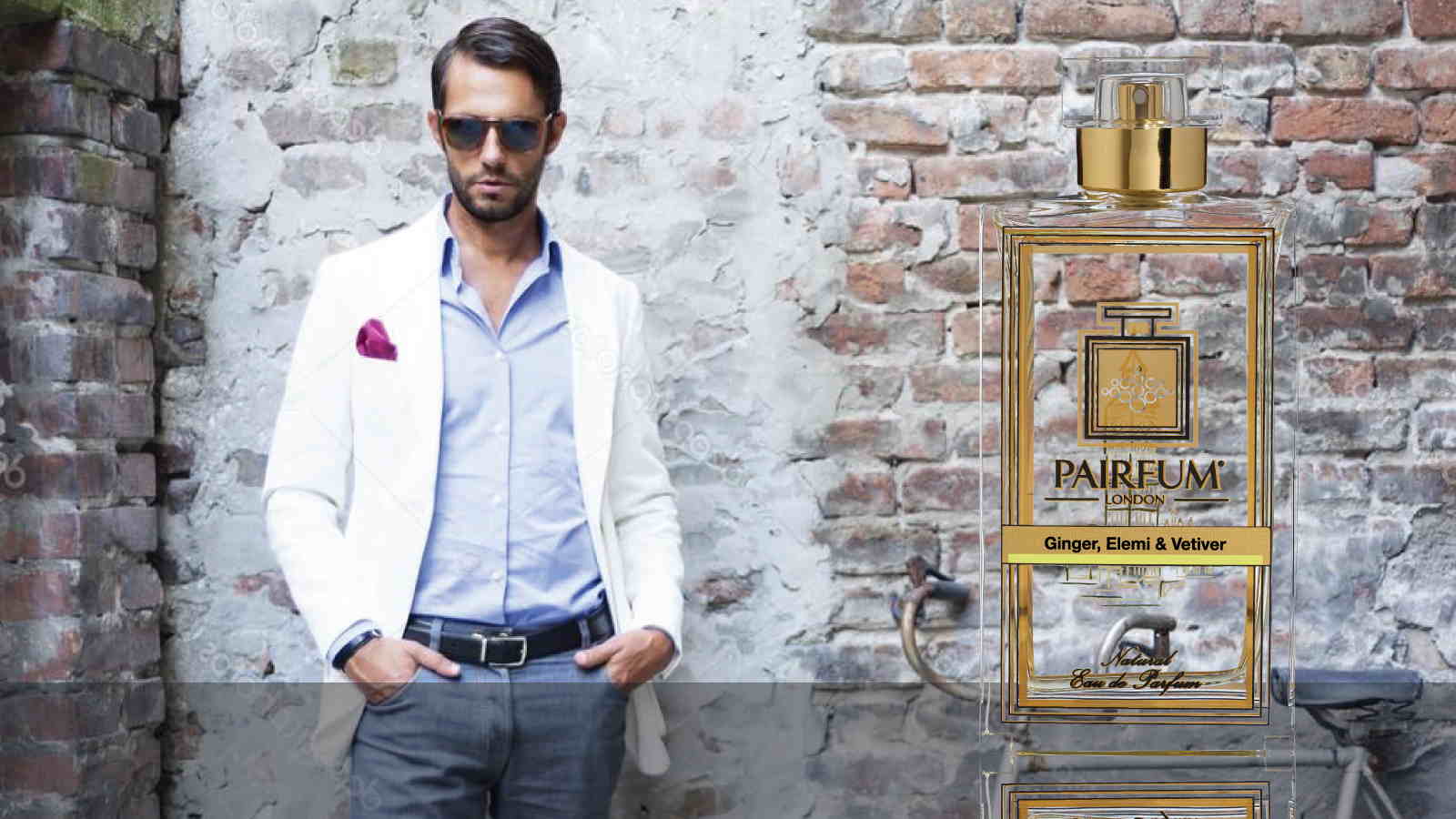
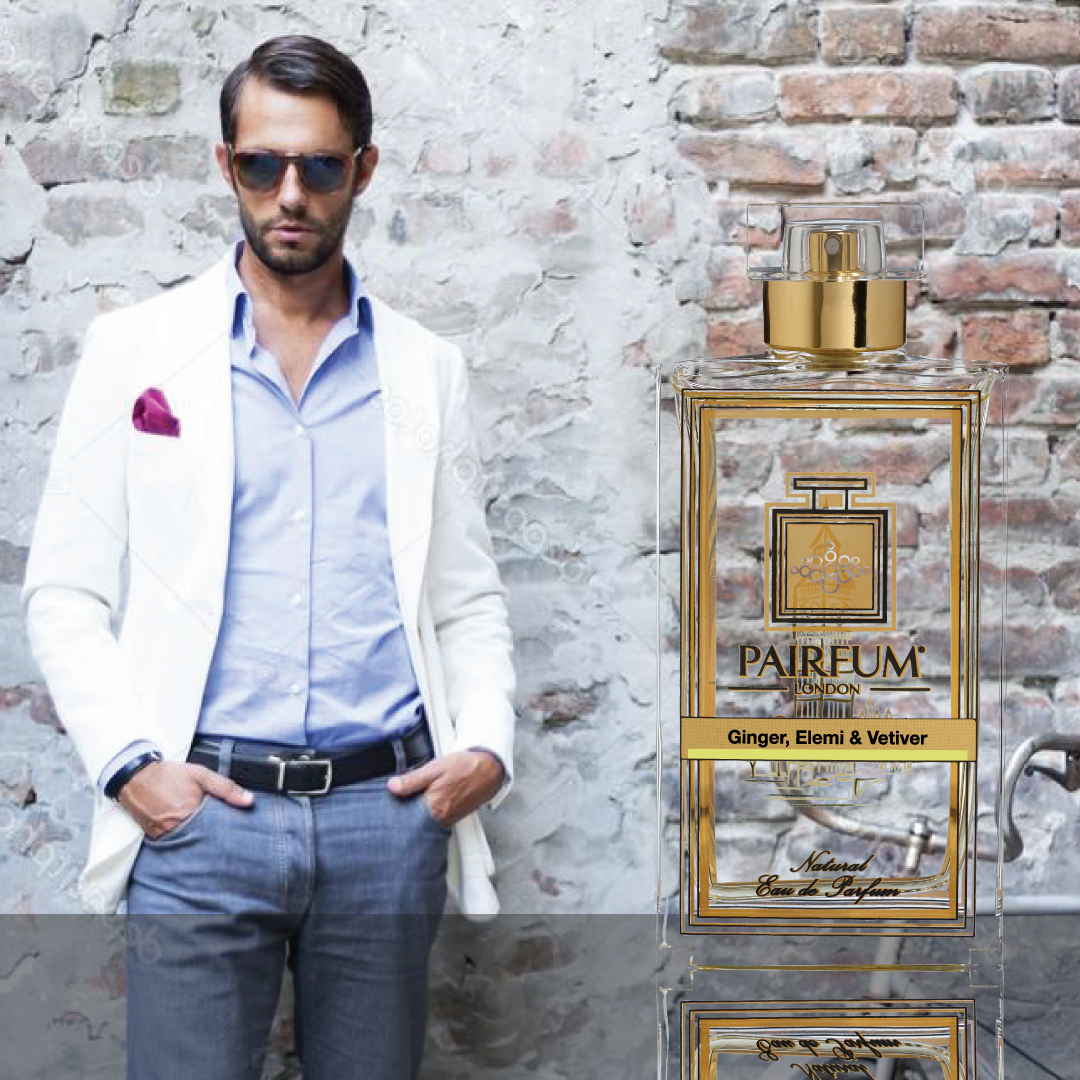
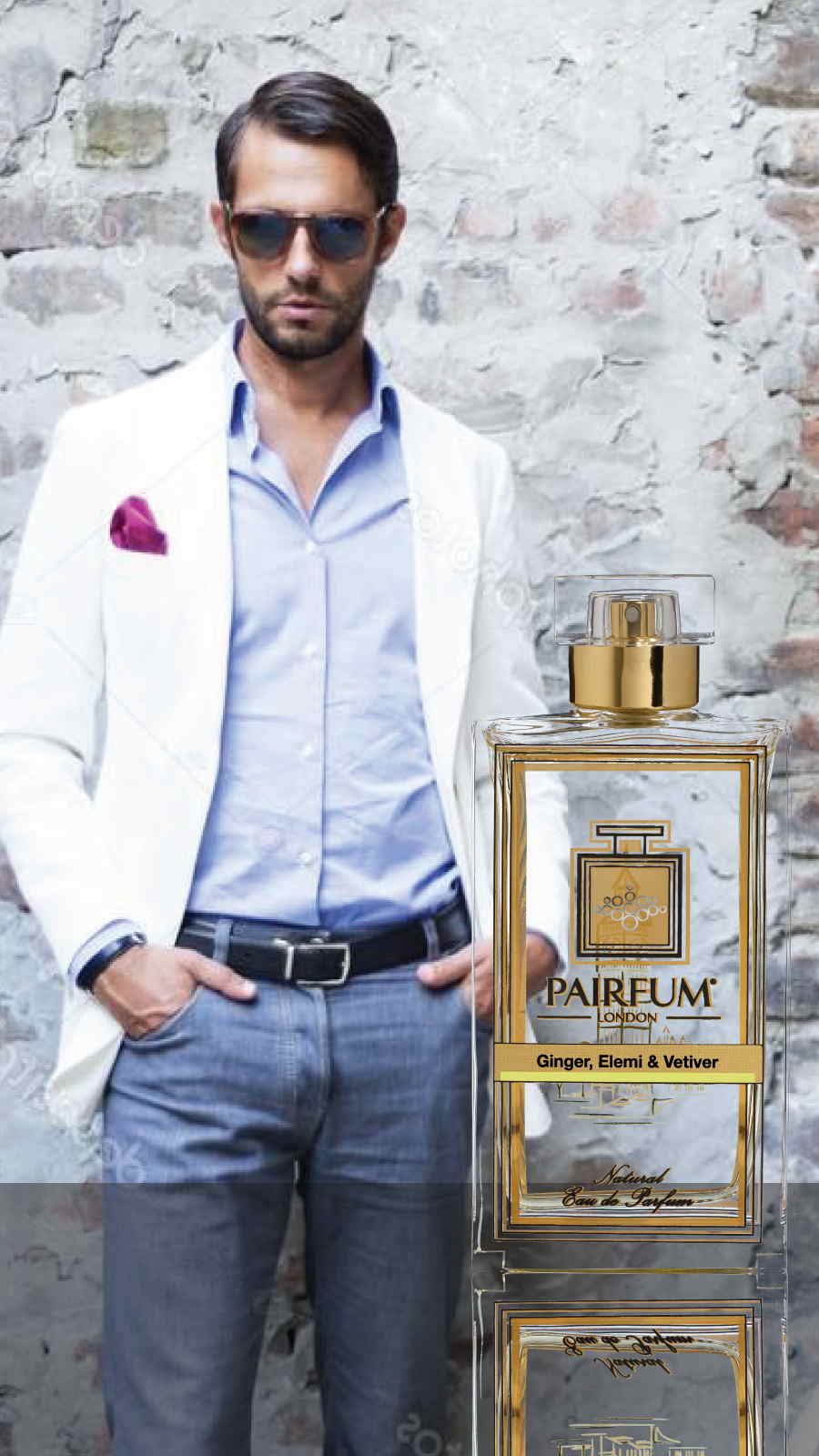
Naturally Pure Boutique Perfume for Your Wellness
An End-User's / Consumer's Assessment
Actually, it should probably read "Assessment Criteria of a passionate CognoScenti, Parfumista or Fragrancista" because few people will take the time to formally review a fragrance.
Many of the criteria we have listed above for the 'perfumer', also likely to be used by an 'end-user' when reviewing fragrances. Not wanting to repeat ourselves, we have skipped those.
Instead, here we focus on the ones which are unique to the end-user's views:
7. Flacon & Cap
It is obvious but we must like the bottle & cap of the perfume we are buying.
It will be with us for a while and it would be most disappointing, if we hated the look & feel of it.
It is the same with a piece of art: what is the point, if we don't like what it looks like, even though everybody else might tell us how fabulous it is.

8. Packaging & Branding
We frequently buy perfumes as gifts or as a treat for ourselves.
'Brands' do reflect our tastes and preferences, which is why we must feel comfortable carrying a specific brand around in our handbag or when presenting it as a gift.
When making a special effort, the way the product presents itself should be a reflection of the reason for our gift, such as the gratitude we wish to express or the esteem we hold the person in.
It is not just the box itself which should fantastic, but elements such as a luxury carrier bag, delicately scented tissue paper and a nice ribbon, do all finish the presentation to perfection.
We all laugh at Rowan Atkinson's elaborate gift wrap in 'Love Actually' (click to enjoy the scene, again) but only very, very few of us would rather not receive a gift that has been so beautifully and elaborately prepared.

9. Price
A rule of thumb is that the more expensive a fragrance, the better it is.
There are, however, exceptions to every rule. Sometimes, fragrance ingredients do not cost a lot but smell fantastic.
Citrus is a good example. They are among the cheapest ingredients and yet offer a wonderful freshness and vigour.
However, the true value of a fragrance lies in the 'nose' (or eyes) of the beholder:
If we don't like a note, we are more likely to say that it is "too expensive". When we fall in love with a new scent, on the other hand, the price rarely comes into consideration and we would rate it at least as "fair value".
What has happened though over the past years, is that we have got used to buying smaller 'travel' sprays when passing through Duty Free or to test a new note. These tend to be lower in cost, due to their smaller pack sizes (e.g. 15 or 30ml) and less elaborate presentation (e.g. packaging, bottle, cap, etc.).

10. Compliments
We also wear fragrance for the benefit of those around use, just like our wardrobe.
Hence, it would be most disappointing, if we did not receive any compliments. On the other hand, we clearly delight in being complimented for how wonderful we smell.
Particularly Niche, Boutique, Indie and Artisan Fragrances will react more with your skin and create an olfactive profile which is uniquely you. A perfume from a famous Designer Brand, has normally been designed to ensure the fragrance smells the same on everybody (which is not necessarily a negative).
Consequently, you may find that both generate compliments, but for different reasons:
- famous Designer Brands launch fragrances that are rarely polarising, which is why only very few people will dislike them but it is also less likely that somebody will compliment you for something they smell everywhere.
- Niche, Boutique, Indie or Artisan Perfumes offer unusual scents that can polarise opinions but which in turn will become absolutely unique when they react with the flora of your skin to morph into 'You'. These fragrances are more likely to lead to the bigger compliment:
"You smell wonderful. What are your wearing?"

Conclusion - Perfume Quality
Fragrance remains an emotional purchase!
Hence, it will always be difficult to rationalise it perfectly but there are some criteria we listed on this page that may be used when trying to formally assess perfume quality.
Don't use them as a 'straight jacket' though, just as mere pointers when considering fragrance quality.
If you love a fragrance, then you should delight in it and simply ignore our recommendations (or anybody else's) with confidence. You would have our blessing.
For Natural Niche Perfumes of the highest quality, we invite you assess our perfume quality here at Pairfum London and compare it with the fragrances you are used it. We expect, we will pleasantly surprise you.
Perfume is Pure Enjoyment



Rise above the Mere Functional
Treasure a London Pairfum



Enjoy the Compliments for Your Fragrance.
Magazine & Blog
Read in our Blog & Magazine about:
- Anything 'Making Scents', e.g. perfume memories
- Home Fragrance, Couture Perfume, Skin / Bath / Body Care
- Ingredients, e.g. natural / organic essential oils, flowers, bees, waxes.
- Your Home, e.g. beautiful interior designs, architecture, decor, ...
- Food, Drink, e.g. essential oils in foodd, desertd, drinks,...
- Britain, e.g. London, the Queen and Royal Family, ...
The Fragrance Boutique
Enjoy shopping in our online Boutique:
Natural Home Fragrance:
Luxury Scented Candles, Reed Diffusers and Refill Oils, Perfume Room Sprays, Sleep & Pillow Sprays, Fragrant Botanicals, Wardrobe Sachets, Drawer Liners, ...
Natural Perfume:
Eau de Parfum "Intense" Sprays, Eau de Toilette Sprays, Eau de Parfum Travel & Purse Sprays, The Perfume Experience Box, ...
Organic Bath, Body & Skin Care:
Hand Lotions and Creams, Hand Oil & Washes, Body Lotions, Body Washes and Shower Oils, Foam Bath, Hand Soap, …
Gifts & Giftsets:
Giftboxes, Giftsets, Luxurious Gift Bags & Tissue Paper, Gifts for Men, ...


